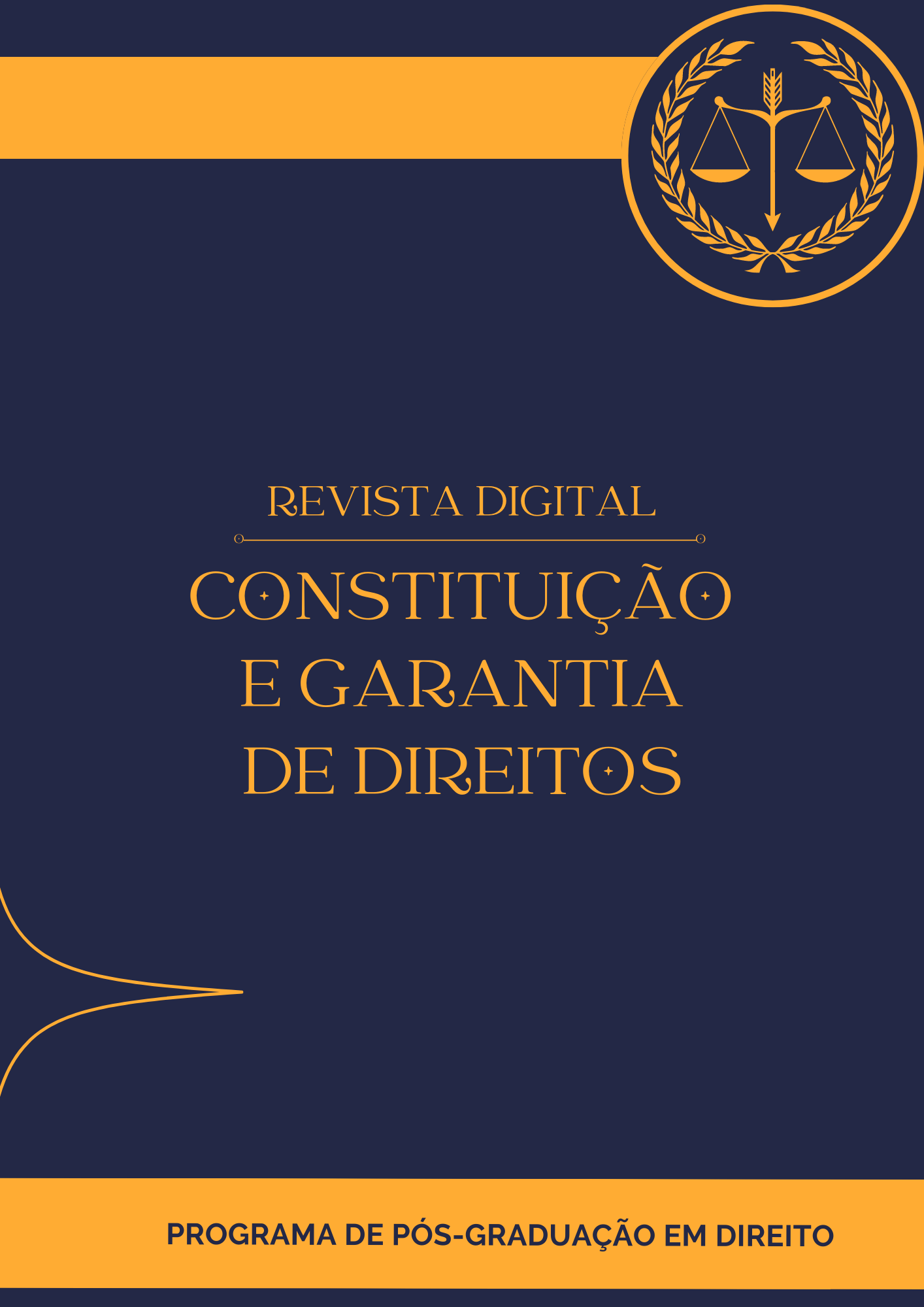AMICUS CURIAE E A SOCIEDADE ABERTA DOS INTÉRPRETES DA CONSTITUIÇÃO COMO DIREITO FUNDAMENTAL
DOI:
https://doi.org/10.21680/1982-310X.2022v15n2ID33778Abstract
ABSTRACT: This article, through the hypothetical-deductive method, seeks to take a look, starting from the thesis of the German Peter Häberle, at the various interpreters of the Constitution, and the possible fundamental right, and not the mere faculty, to expose these interpretations before the Supreme Court Federal, especially through the institute called amicus curiae, with the objective of expanding social participation with the Judiciary, especially in discussions that involve high judicial activism for the realization of fundamental rights and, consequently, democratize the erga omnes and binding decisions issued by the Supreme Court. Initially, the theory of the Open Society of Interpreters of the Constitution and its practical manifestation in the amicus curiae procedural institution will be analyzed. It will also analyze the democratic deficit of the Judiciary based on Habermas's Deliberative Theory. In the end, it will be analyzed whether the manifestation of the amicus is a fundamental right of the one who intends to manifest or a mere faculty of the Supreme Court, and also how Ministers should consider the manifestations in their votes.
Downloads
Downloads
Published
How to Cite
Issue
Section
License
Copyright (c) 2024 Revista Digital Constituição e Garantia de Direitos

This work is licensed under a Creative Commons Attribution-NonCommercial-ShareAlike 4.0 International License.
Autores mantêm os direitos autorais pelo seu artigo. Entretanto, repassam direitos de primeira publicação à revista. Em contrapartida, a revista pode transferir os direitos autorais, permitindo uso do artigo para fins não- comerciais, incluindo direito de enviar o trabalho para outras bases de dados ou meios de publicação.





